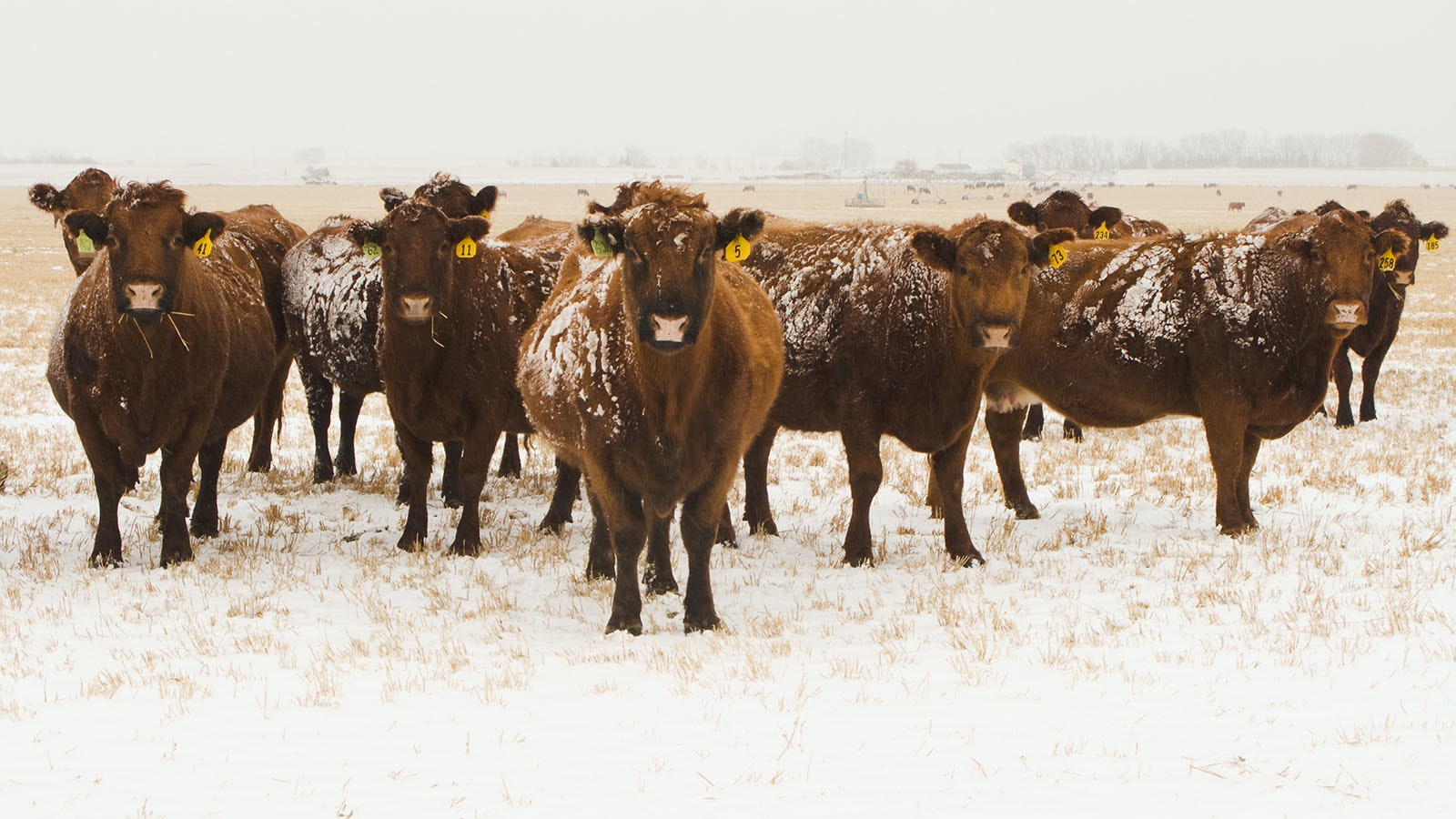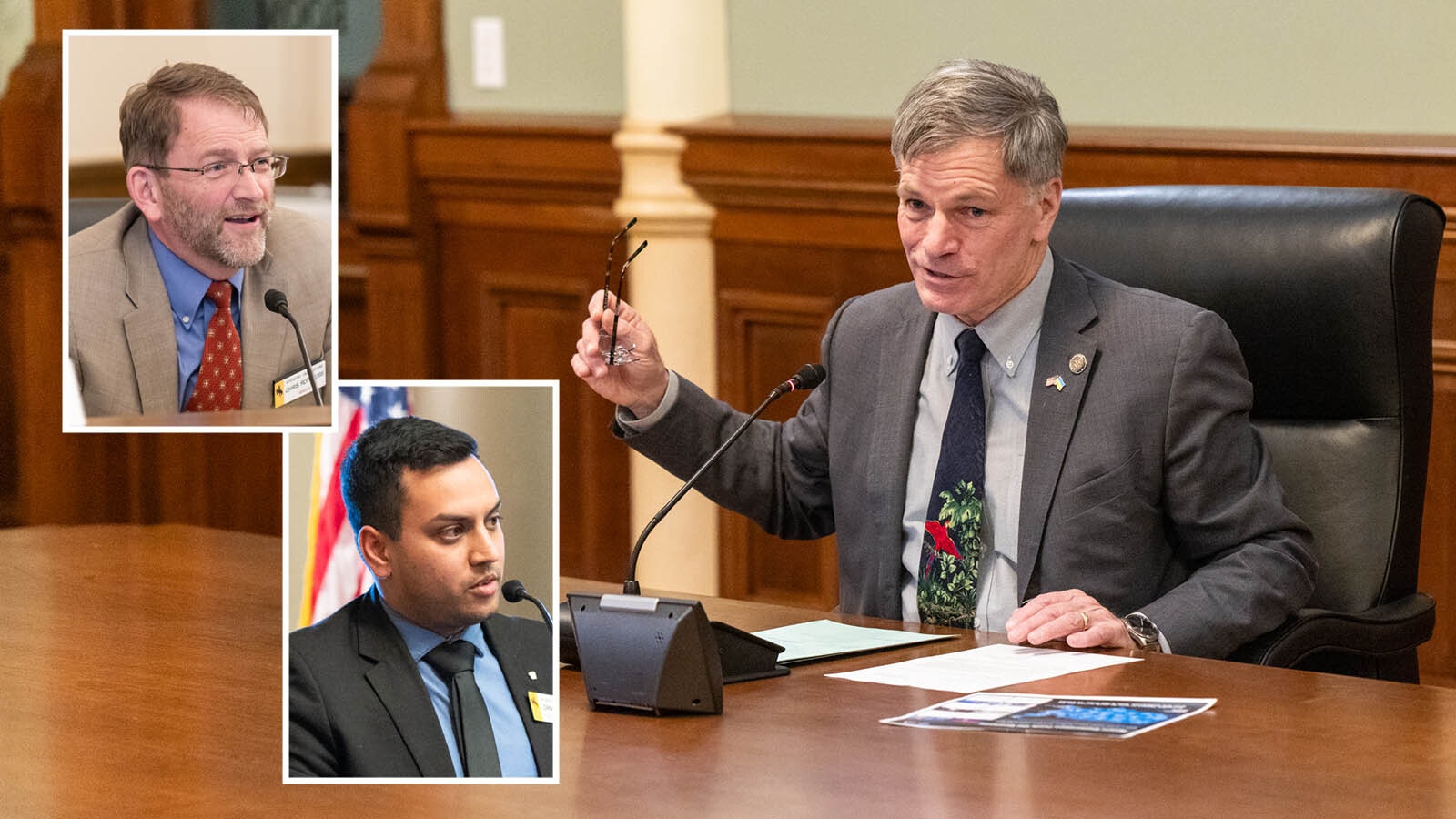Clarifying Wyoming’s brucellosis control policy should make things easier for ranchers while also easing the worries of neighboring states over the disease, the Wyoming state veterinarian told state legislators Tuesday.
Changing language from “area of concern” to “temporary surveillance area” for brucellosis should reflect that Wyoming is doing what it can to contain the disease, which causes cattle to abort their calves, said Wyoming State Veterinarian Halle Hasel.
Hasel testified Tuesday before the Legislature’s Joint Agriculture, State and Public Lands & Water Resources Committee about Senate File 29, which would clarify the policy.
A Disease Of Concern
Brucellosis is a disease that can infect domestic livestock and wild animals, such as bison and elk.
There has been some worry in Wyoming that brucellosis could spread from elk and bison to cattle herds.
The Wyoming Game and Fish Department has urged hunters to submit blood samples from the elk they kill to be tested for brucellosis.
It infects humans only extremely rarely and can cause a serious malady called Undulant Fever.
If brucellosis infections are detected in Wyoming’s cattle, it could lose its “brucellosis-free” beef status. That can impact the sale and transport of Cowboy State cattle to other states.
Easing Things For Ranchers
The bill also would change wording in the regulation from “shall” to “may” regarding branding infected cattle. That means it would be up to ranchers whether to brand cattle with a large “B” if they test positive for brucellosis.
The Wyoming Stock Grower’s Association favors the bill, the group’s executive vice president, Jim Magagna, told the committee.
“We think these minor changes will better facilitate to process and make it more acceptable to the producers,” he said.
The committee voted to move the bill forward to the full Senate.





